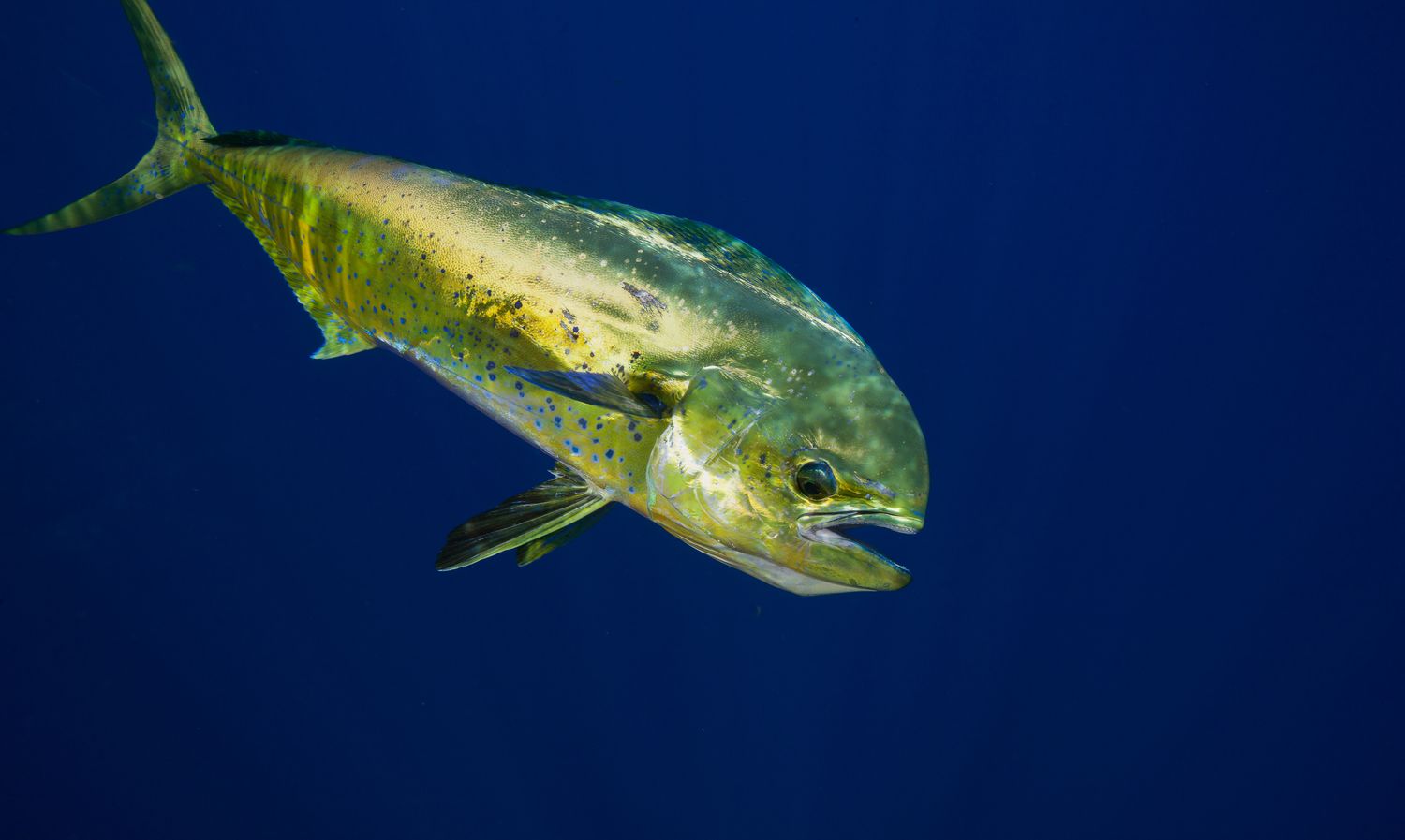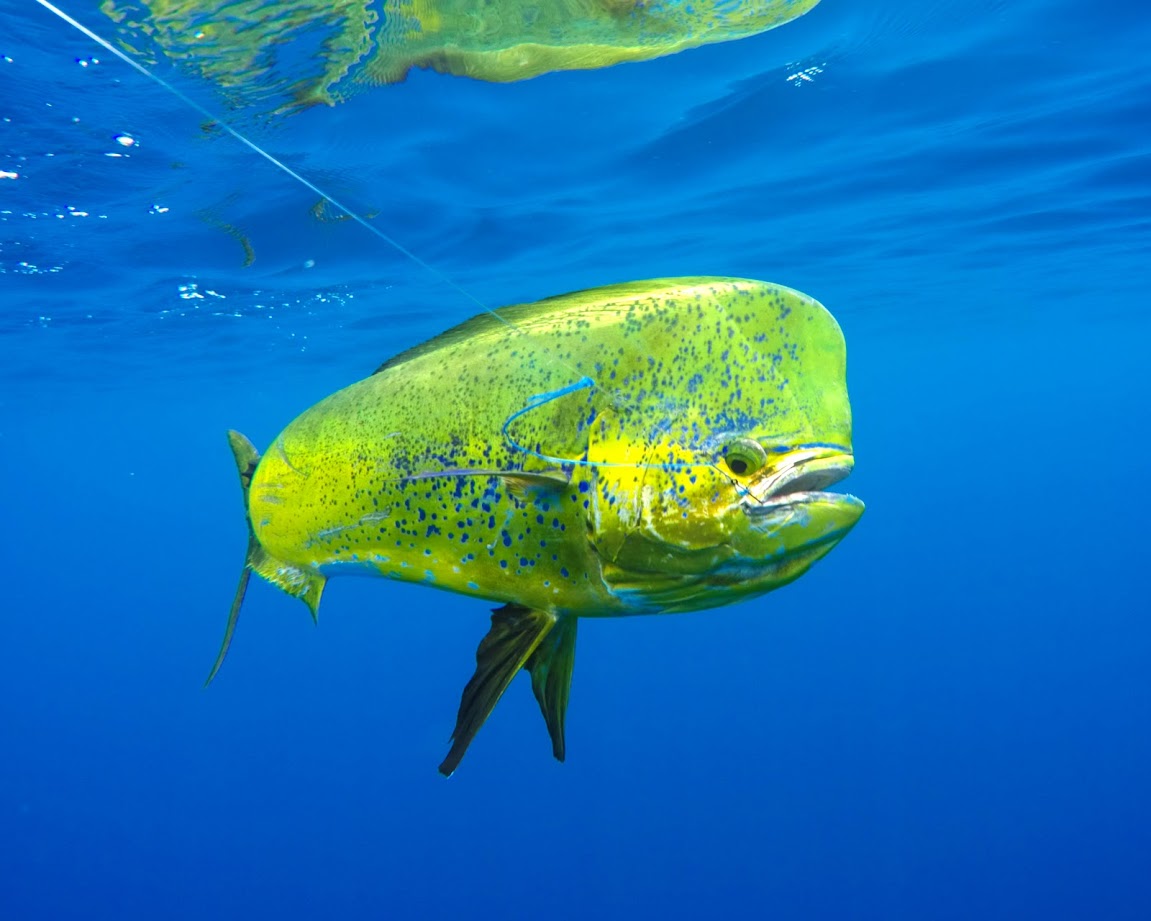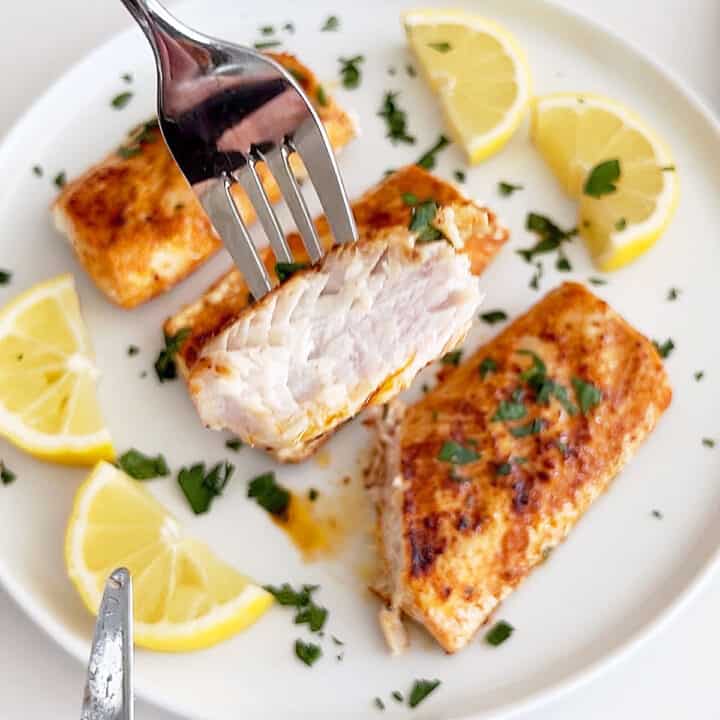Exploring Mahi-Mahi Fish in the Maldives: A Complete Guide

The Maldives is celebrated for its picturesque islands, turquoise waters, and diverse marine life, making it a paradise for fish enthusiasts and travelers alike. Among the fascinating marine species found here is the mahi-mahi fish, renowned for its vibrant colors, distinctive flavor, and popularity among both sport and commercial fishers. Known as "dolphinfish" or "dorado" in other parts of the world, mahi-mahi has a special place in the Maldives for its ecological significance, economic value, and culinary appeal.
This guide will dive into everything you need to know about mahi-mahi in the Maldives, from its natural habitat and behavior to fishing practices, and how it’s served in local cuisine.
---
What is Mahi-Mahi?
Mahi-mahi (scientific name *Coryphaena hippurus*) is a fast-growing, surface-dwelling fish that thrives in tropical and subtropical waters. Recognized for its dazzling colors — with shades of green, blue, and gold — mahi-mahi is a sight to behold, particularly under the Maldivian sun. It typically weighs between 7-13 kg (15-30 lbs) but can grow up to 40 kg (88 lbs) or more, making it a sought-after catch for both sport and commercial fishermen.

The Habitat of Mahi-Mahi in the Maldives
The Maldives, with its warm waters, abundant plankton, and thriving ecosystems, is ideal for mahi-mahi. This fish species prefers open waters near the surface, where it has access to plentiful food and warm temperatures. The atolls and lagoons of the Maldives provide a rich feeding ground, attracting mahi-mahi year-round.
- Seasonality: Mahi-mahi can be found in the Maldives throughout the year, though peak fishing season is typically from November to March, when migratory patterns bring more fish closer to the shores.
- Feeding Habits: Mahi-mahi are known to feed on smaller fish, crustaceans, and squid, making them a vital part of the ocean's food chain. Their diet contributes to their firm, flavorful flesh that is prized in Maldivian cuisine.
Why Mahi-Mahi is Popular in Maldivian Fishing
Sustainability
The Maldivian fishing industry is known for its sustainable practices, often employing pole-and-line fishing methods to minimize bycatch and protect other marine species. Mahi-mahi is a relatively sustainable choice, as it is fast-growing and replenishes quickly in the wild. This aligns with the Maldives' commitment to eco-friendly tourism and marine conservation, making mahi-mahi a top choice for conscientious consumers.
Economic Value
Fishing is a crucial sector of the Maldivian economy, and mahi-mahi is one of the high-demand fish due to its commercial appeal and export potential. Alongside tuna, mahi-mahi contributes significantly to the livelihoods of local fishermen. This fish is widely exported and is also a staple in local markets and restaurants, where tourists and locals alike enjoy it.
Sport Fishing for Mahi-Mahi in the Maldives
For sport fishermen, the Maldives offers an exhilarating experience, as mahi-mahi is known for its agility and strength. Its tendency to leap and thrash makes it a challenging and rewarding catch. Sport fishing charters, guided by experienced local fishermen, provide tourists with the opportunity to catch mahi-mahi while respecting local regulations and sustainable practices.
- Best Locations: The open waters around Male Atoll, Ari Atoll, and Baa Atoll are known for mahi-mahi sport fishing.
- Charter Tips: Opt for early morning trips when the fish are most active, and be prepared for an exciting, challenging experience!
Mahi-Mahi in Maldivian Cuisine
Mahi-mahi is a popular feature in Maldivian cuisine, where its firm texture and mild, slightly sweet flavor lend themselves well to a variety of dishes. Known locally as "Masdhooni," mahi-mahi is prepared in numerous ways, reflecting the island nation’s rich culinary heritage.
Popular Dishes
1. Grilled Mahi-Mahi: Often served with a mix of local spices, grilled mahi-mahi is a favorite among locals and tourists. The firm flesh grills well and retains its moisture and flavor, especially when accompanied by a fresh lime and coconut garnish.

2. Curry: Mahi-mahi is also used in traditional Maldivian fish curries. These dishes are rich in coconut milk and spices, including turmeric, cumin, and coriander, making for a fragrant and flavorful meal.
3. Fried or Battered Mahi-Mahi: Served with dipping sauces, this preparation is popular in beachside cafes. The crispy exterior and tender meat make it a satisfying snack or main dish.
4. Mahi-Mahi Sashimi: In some upscale resorts, mahi-mahi is prepared as sashimi, providing a fresh and delicate taste of the ocean for adventurous eaters.
Conservation and Responsible Fishing Practices
The Maldives has strict fishing regulations to protect its marine biodiversity, including guidelines for the mahi-mahi fishery. Fish stocks are monitored to prevent overfishing, and sustainable practices are encouraged across the industry. By adhering to these practices, the Maldives maintains its rich marine resources, supporting both tourism and local livelihoods.
For travelers, choosing responsibly sourced mahi-mahi is a way to support these conservation efforts and enjoy a guilt-free taste of this remarkable fish.
How to Experience Mahi-Mahi in the Maldives
To experience the best of mahi-mahi in the Maldives, consider the following:
1. Book a Sport Fishing Trip: Many resorts and local guides offer eco-friendly sport fishing excursions, where you can catch mahi-mahi in a sustainable way.
2. Dine at Local Restaurants: Explore Maldivian restaurants to try mahi-mahi in its traditional preparations, from spicy curries to grilled fillets.
3. Learn About Local Fishing Practices: Some resorts and communities offer educational tours where visitors can learn about sustainable fishing practices and see the mahi-mahi fishing process firsthand.
---
Conclusion
Mahi-mahi in the Maldives offers a unique blend of culinary delight, thrilling sport, and sustainable fishing opportunities. This vibrant fish embodies the spirit of Maldivian waters, connecting locals and visitors to the region's abundant marine life and deep cultural heritage. Whether you’re fishing it yourself or enjoying it in a traditional dish, mahi-mahi brings a true taste of the Maldives to anyone who encounters it.
- News & Updates
- Travel Destinations
- Maldivian Tourism
- Healthcare & Wellness
- Lifestyle
- Personal Stories & Experiences
- Sports
- Water Sports & Adventure
- Accommodation & Stays
- Outdoor Activities
- Local Culture & Heritage
- Spa & Wellness
- Transportation
- Autre
- Fishes and Marine Species


